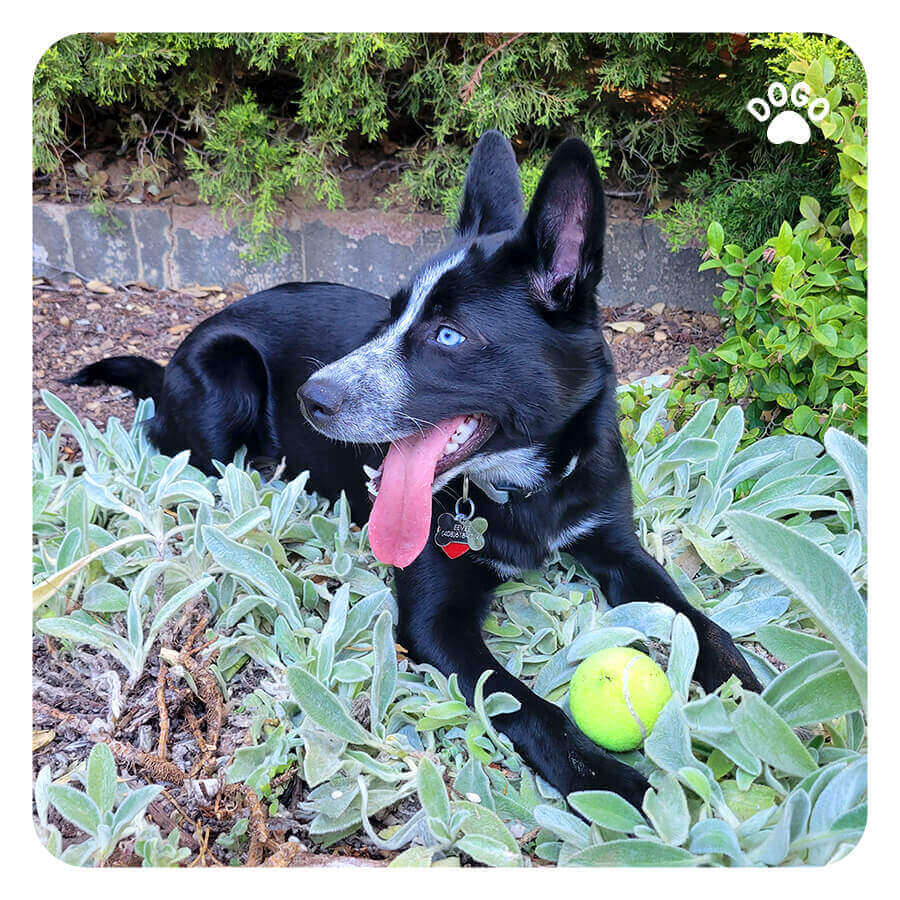
Puppies are adorable creatures, full of energy and curiosity. However, their small bladders mean they can’t hold their pee for as long as adult dogs. Just like human babies, puppies need frequent bathroom breaks. The general rule of thumb is that a two-month-old puppy can hold their pee for about two hours. For every additional month of age, they can generally hold it for an additional hour. So, a three-month-old puppy can typically hold it for around three hours, and so on.
Breed size plays a significant role in a puppy’s bladder control. Smaller breeds have smaller bladders and generally need to relieve themselves more frequently. Larger breeds, on the other hand, tend to have larger bladders and can usually hold it for longer periods. Keep this in mind when considering your puppy’s bathroom schedule.
While age and breed size are important factors, individual variations exist. Some puppies might need more frequent bathroom breaks, while others can hold it longer than the average. It’s essential to observe your puppy’s behavior and bodily cues. Pay attention to signs of discomfort, restlessness, or sniffing around, as these may indicate that they need to go outside.
It’s also worth noting that a puppy’s ability to hold their pee is influenced by their environment and routine. If a puppy is active, they may need to relieve themselves more frequently than if they are resting or sleeping. Additionally, changes in diet, water intake, and stress levels can affect their bladder control.
Now that we understand the general guidelines for how long puppies can hold their pee, it’s crucial to consider the practical implications for puppy owners. When you bring a new puppy home, be prepared for frequent bathroom breaks. Establish a consistent potty training routine, take your puppy outside regularly, and praise them for going in the right spot. Patience and positive reinforcement are key elements in successful potty training.
If you’re away from home for extended periods, consider enlisting the help of a dog walker or pet sitter to ensure your puppy gets the necessary bathroom breaks. Remember, puppies require patience and understanding as they learn to navigate the world around them, including their bathroom habits.
In conclusion, understanding how long puppies can hold their pee is an essential aspect of responsible puppy ownership. By considering factors such as age, breed size, individual variation, and environmental influences, you can create a supportive and nurturing environment for your new furry family member. With patience, consistency, and a watchful eye, you’ll help your puppy develop good bathroom habits and set them up for a happy, healthy life.[/fusion_text]

